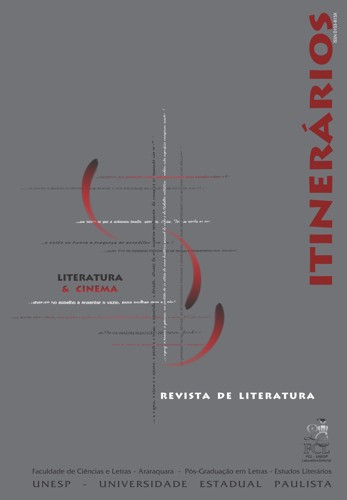"I don't tell the truth. I tell what ought to be the truth": escaping censorship through ambiguity in Elia Kazan's adaptation of <i>A streetcar named desire<i>
DOI:
https://doi.org/10.58943/irl.v0i36.5683Keywords:
A streetcar named desire, Tennessee Williams, Filmic adaptation,Abstract
This essay aims at scrutinizing Kazan’s film adaptation of A streetcar named desire in relation to Tennessee Williams’ play text. Firstly, it discusses the play’s central themes relating them to the Hollywood context of film production of the postwar period. Such relationship intends to highlight particular elements in the content and form of the play that eventually allowed its relatively easy adaptation into the medium of film. Secondly, it presents an analysis of Kazan’s film adaptation covering issues such as cast selection, the additional scenes only mentioned in the play but shot in the film, as well as Kazan’s employment of cinematic technical elements such as camera movement, montage, setting, and lighting that contributed to construct the film’s discourse. Finally, the essay examines the ways in which Kazan got away with the demands of censorship and handled the play’s most daring issues, such as Allan’s homosexuality and Blanche’s rape.
Downloads
Published
Issue
Section
License
Os manuscritos aceitos e publicados são de propriedade da revista Itinerários. É vedada a submissão integral ou parcial do manuscrito a qualquer outro periódico. A responsabilidade do conteúdo dos artigos é exclusiva dos autores. É vedada a tradução para outro idioma sem a autorização escrita do Editor ouvida a Comissão Editorial.

